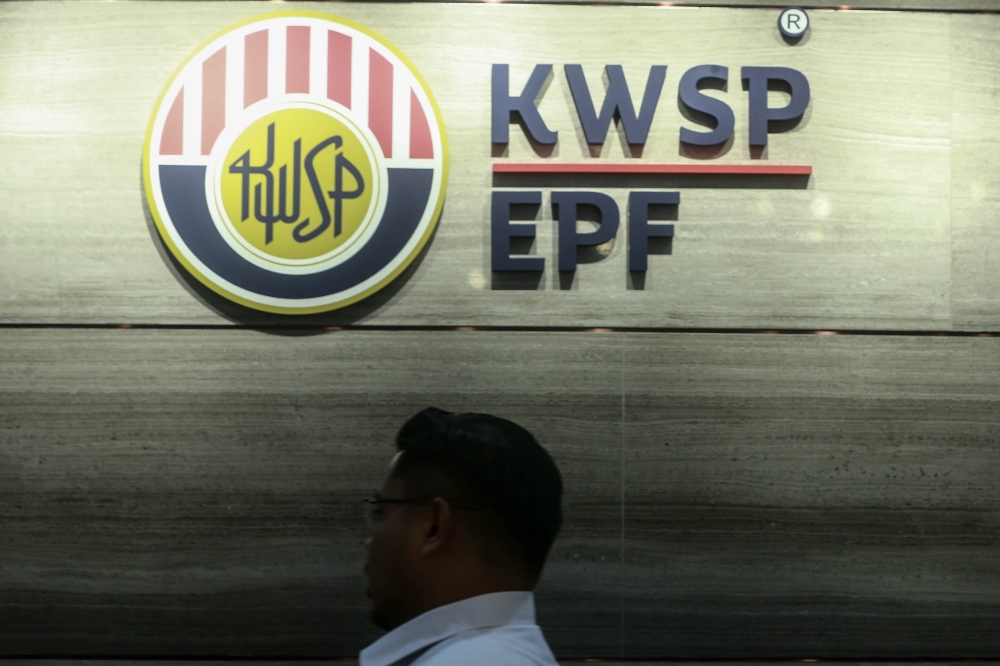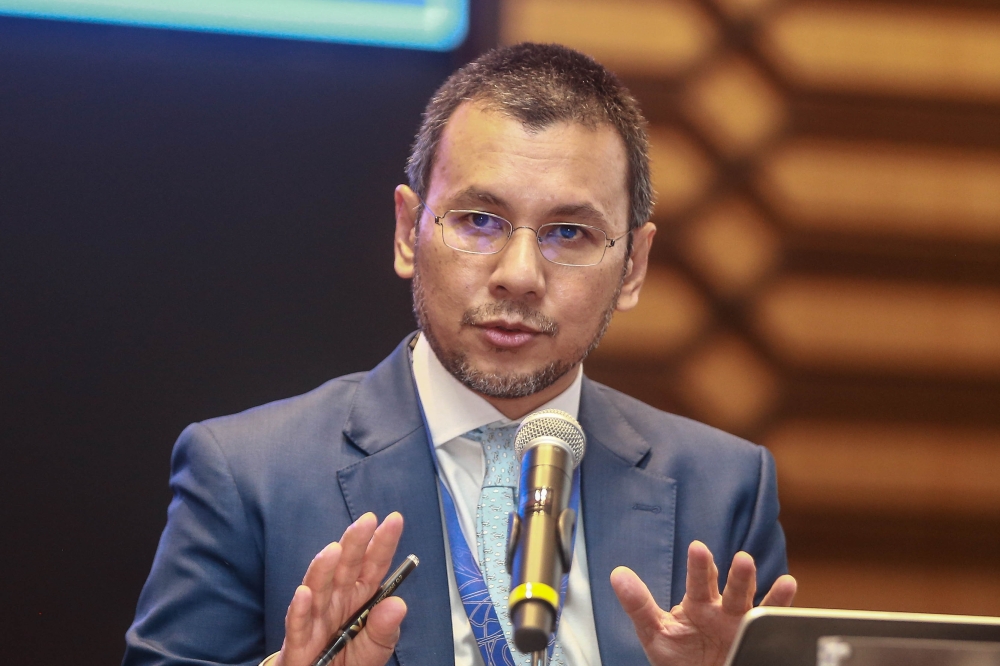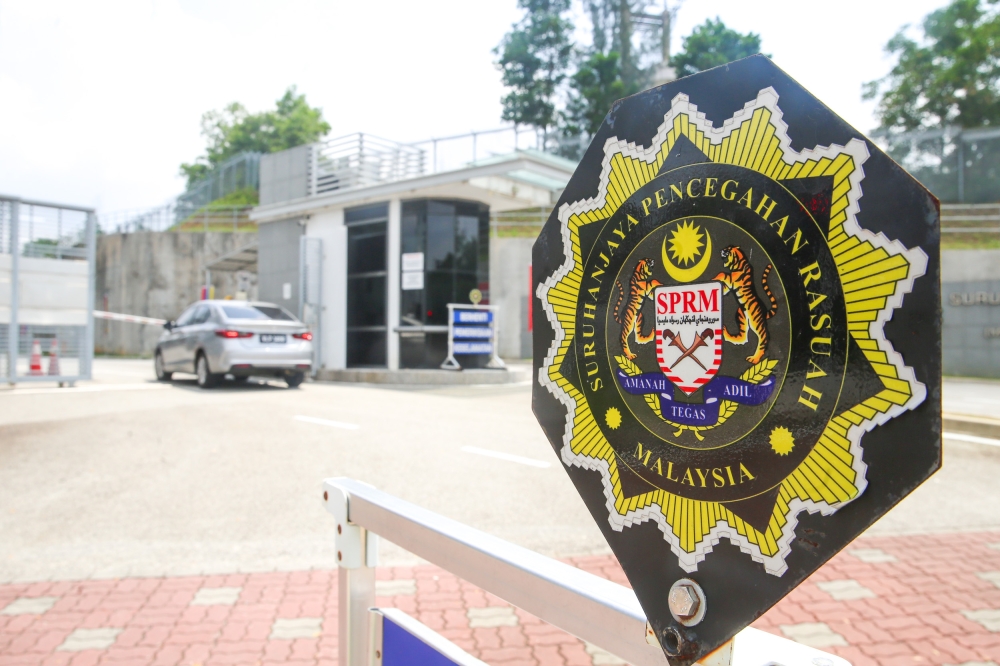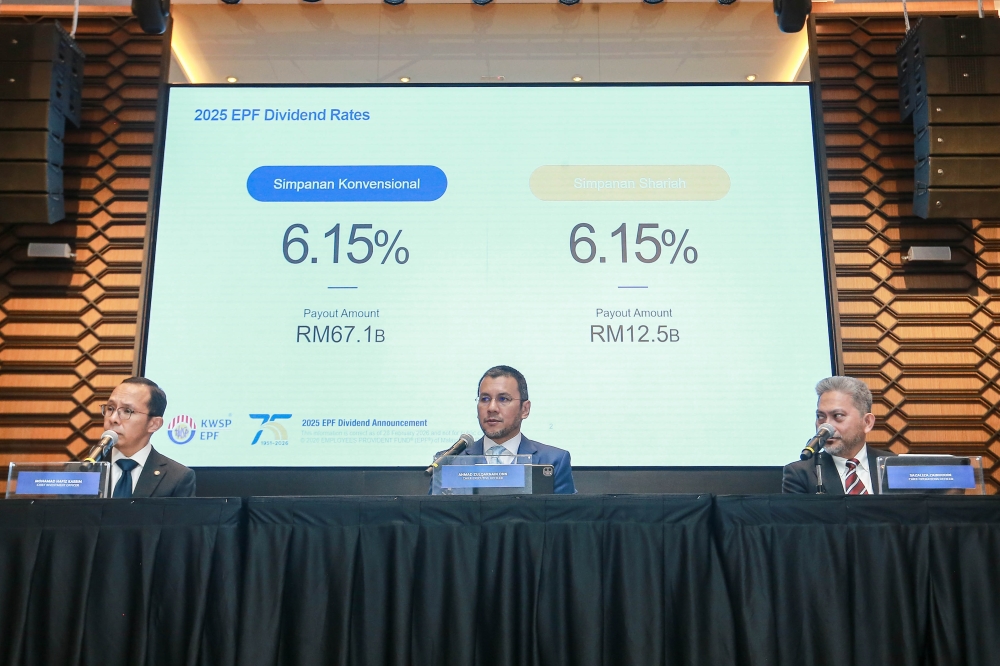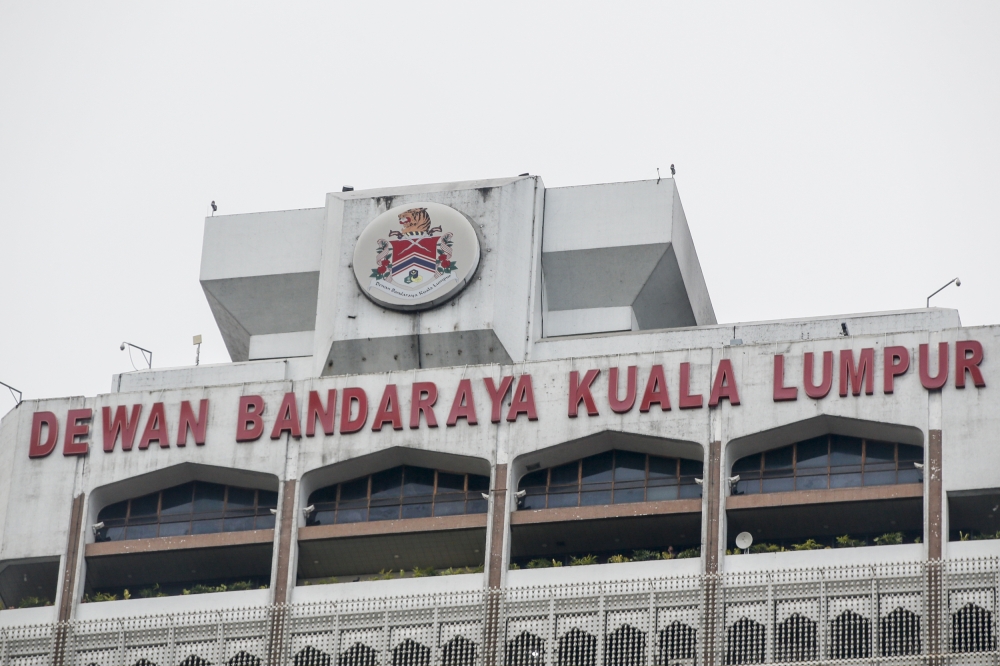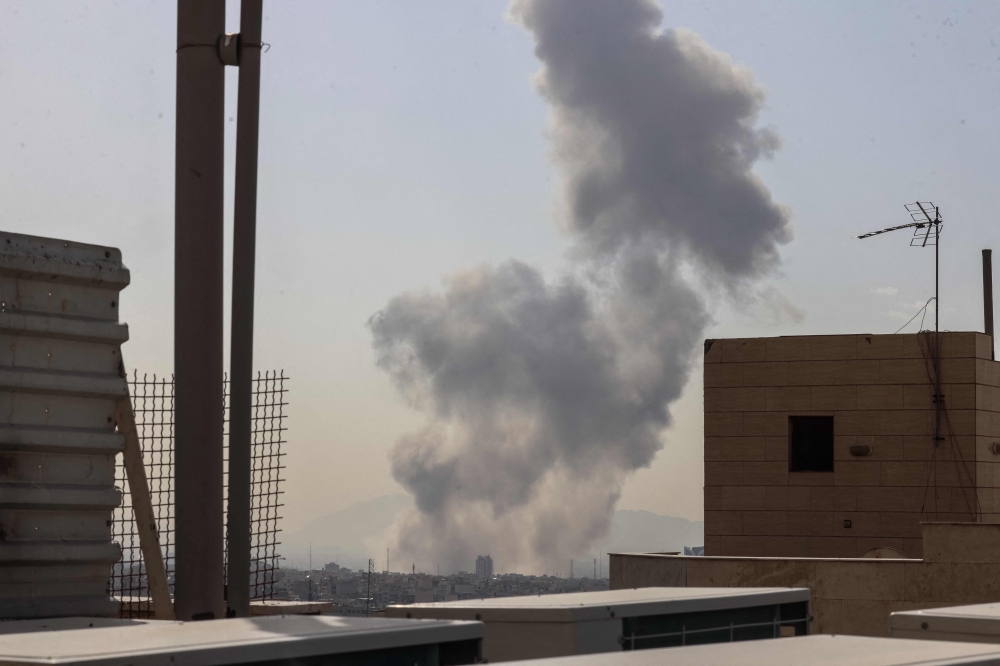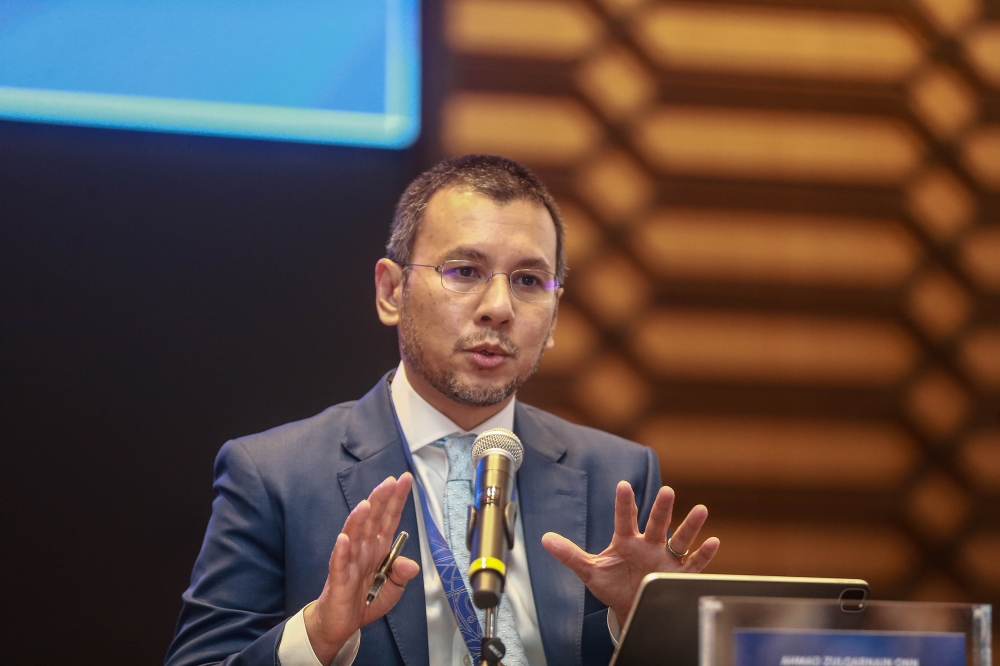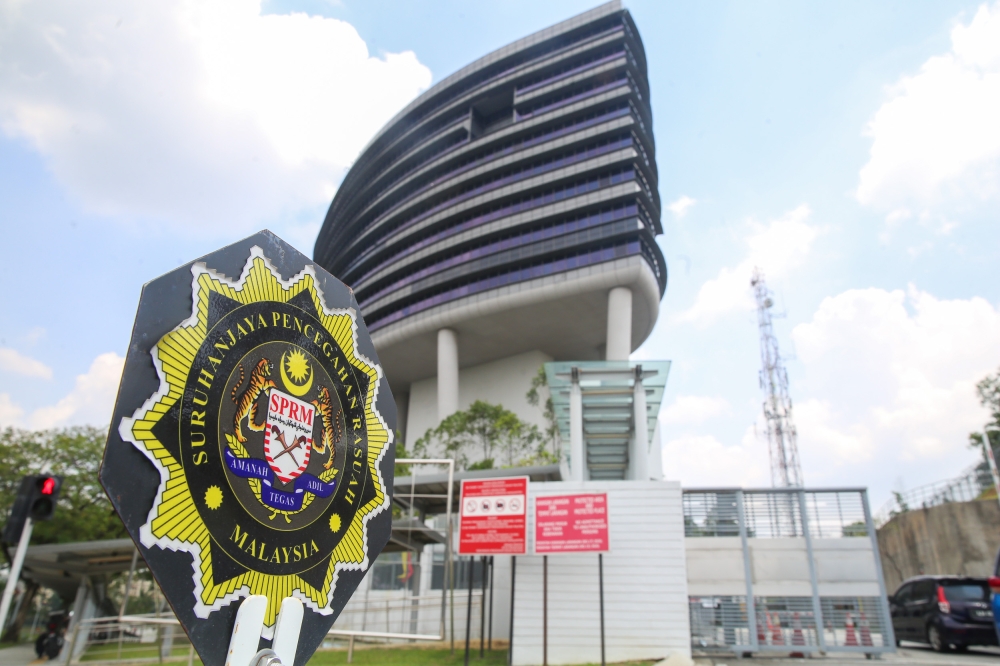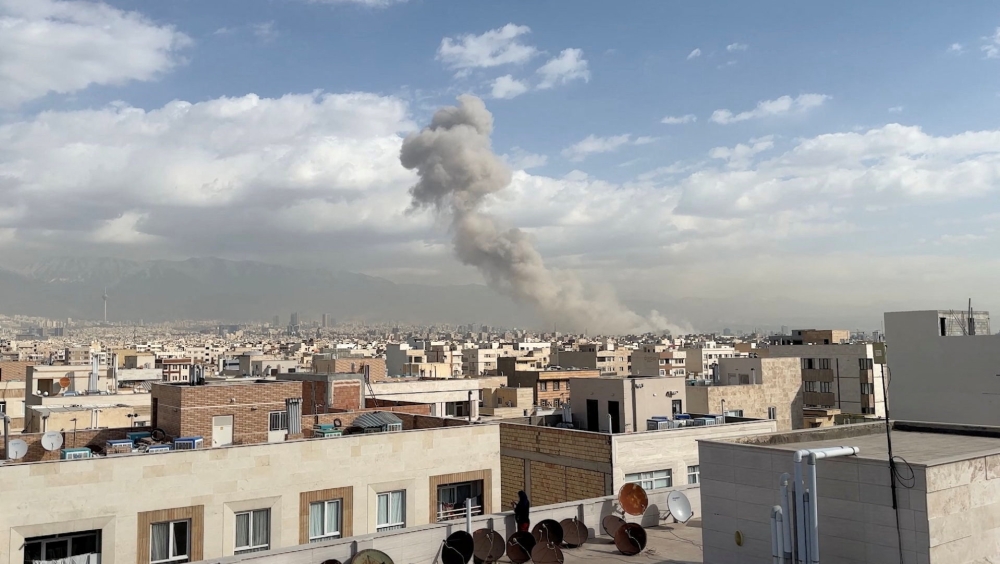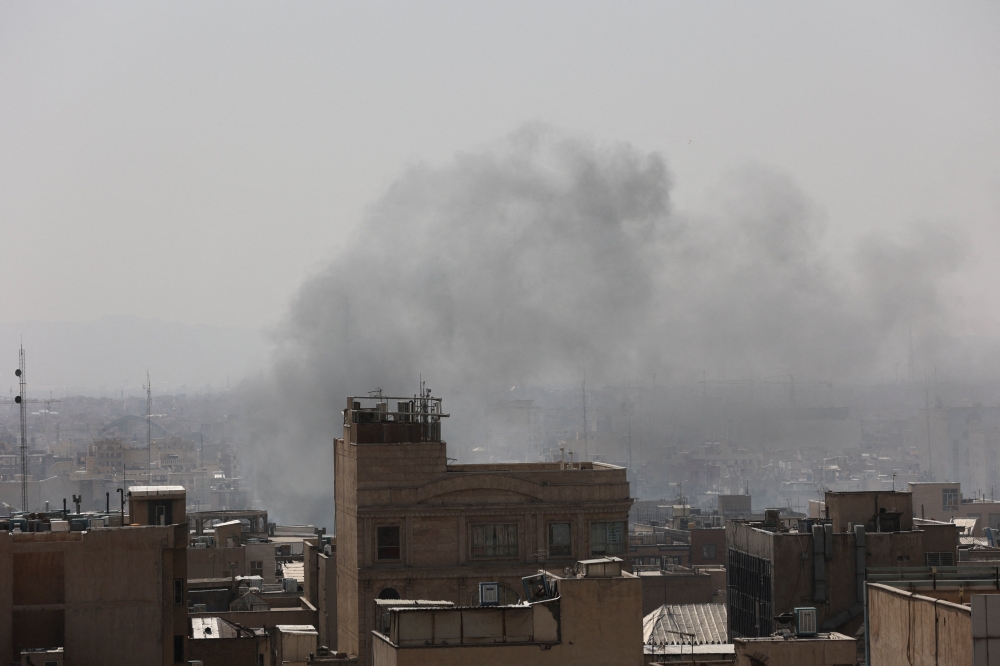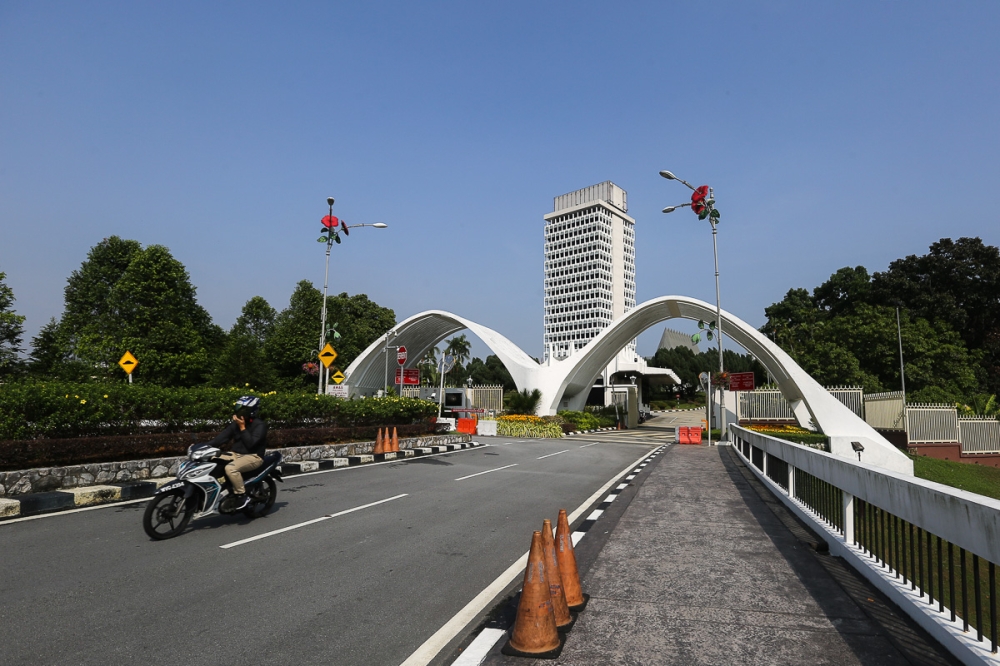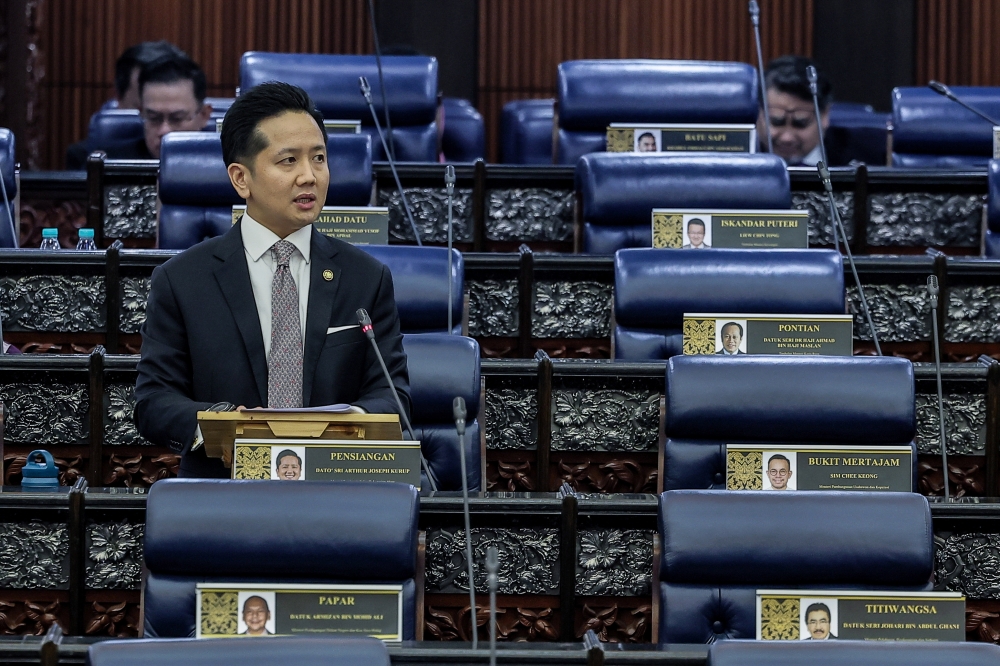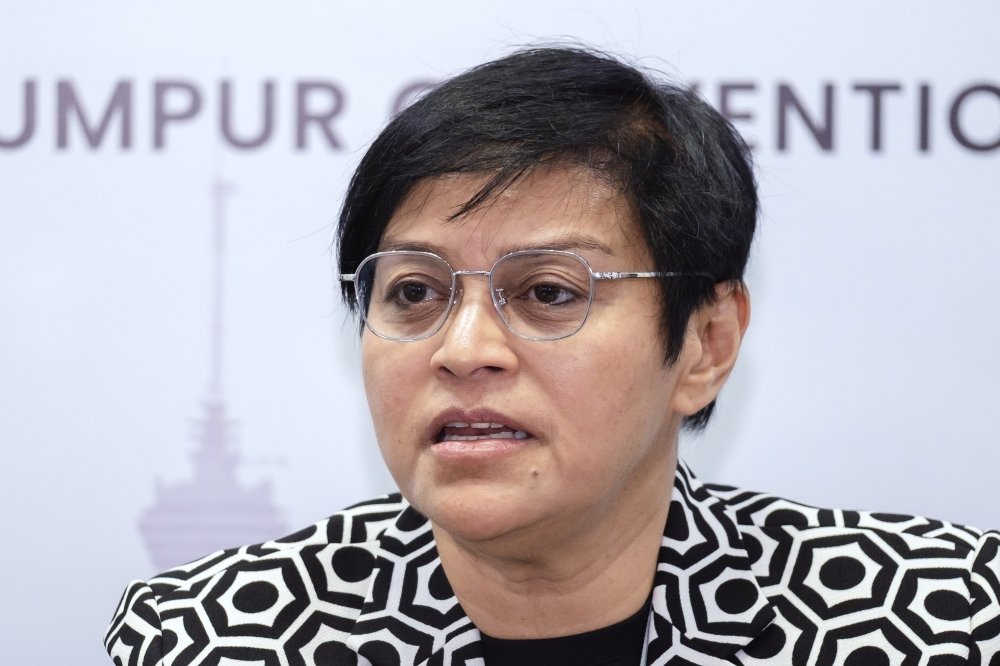JAN 6 — Cross-examination of a witness in a trial — civil or criminal — allows counsels of the other or adverse party to contradict the evidence-in-chief of the witness concerned. It is also done with a view to adducing further evidence in respect of an issue.
The counsel in cross-examination (the cross-examiner) will launch an attack in order to impugn the general credibility of the witness.
The cross-examination may take the form of retracing the evidence which a witness has given with a view to placing a different complexion or emphasis or interpretation on it; or the cross-examiner may be bold and may take the witness into new uncharted areas on which the witness has not previously testified but on which the witness’s evidence may be favourable to the party the cross-examiner is acting for.
Cross-examination is much based on the skill and experience of the cross-examiner. The cross-examiner may trace the evidence in such a way that the witness’s observation, recollection, perception and judgment may be challenged.
In addition to this, the cross-examiner may even seek to show that the witness is not someone who can safely be believed on oath. (See the judgment of Malik Ishak JCA in Hari Bahadur Ghale v. PP [2012])
The skill and experience of the cross-examiner is demonstrated in the cross-examination of Malaysian Anti-Corruption Commission (MACC) investigating officer, Nurzahidah Yacop, in the trial of former Felda chairman Shahrir Abdul Samad.
Nurzahidah was a key prosecution witness.
She was cross-examined over an allegedly incomplete investigation paper she submitted during the investigation into Shahrir’s money-laundering case.
The witness told the cross-examiner, Shahrir’s lawyer Syed Faisal Al-Edros Syed Abdullah Al-Edros, that she submitted the first investigation paper for the accused’s prosecution on Sept 24, 2019, which was a day after she was appointed a MACC officer.
During cross-examination by the lawyer, she said she submitted the second investigation paper on Jan 6 the following year.
Syed Faisal suggested to her that she did not investigate the reasons behind the money flowing in and out of Shahrir’s bank account, including the RM1 million allegedly given by former prime minister Najib Razak.
She agreed.
Syed Faisal pursued the cross-examination by pointing out to her that she had left out the most integral part of her investigation and that the investigation papers (IPs)were incomplete.
Further cross-examination revealed that she had only obtained statements from Shahrir to establish a case against him after the first investigation paper was submitted in 2019.
The lawyer and cross-examiner repeatedly asked the witness if her actions had been fair.
Syed Faisal Al-Edros: In your opinion as a MACC investigating officer, is it fair for my client that an investigation was not conducted on the matter, even though he (Shahrir) repeatedly said it was to replace his money?
Nurzahidah: It is not fair for Tan Sri Shahrir, but I never received the document (withdrawal of RM2.6 million). My investigation was after the date of receipt of the RM1 million.
Cross-examined further by Syed Faisal whether she felt suspicious about the action of her superiors in not ordering her to investigate it, Nurzahidah said “Yes”.
The crux of the cross-examination was to adduce further evidence in respect of an issue — that is, the prosecution proceeded although the IPs on the case were still incomplete.
At the continuation of the trial on Jan 5, when Najib was expected to testify as a prosecution witness, deputy public prosecutor Rasyidah Murni Azmi informed the High Court that the prosecution no longer wished to continue the case against Shahrir.
“Yang Arif, based on the latest developments, the prosecution applies to use Section 254 of the Criminal Procedure Code and we do not intend to continue prosecution against the accused in this case, Yang Arif, and in relation to that, the prosecution applies for the accused to be discharged not amounting to acquittal (DNAA),” she said in seeking for a DNAA.
Shahrir’s lawyers pressed for him to be acquitted, instead of just being given a DNAA which would leave Shahrir open to being charged again in the future over the same matter.
After hearing from both sides, High Court Judge Muhammad Jamil Hussin ordered for Shahrir to be acquitted.
The cross-examination of Nurzahidah was critical. The importance of cross-examination has been stressed in a plethora of cases, here and abroad. It has been said that cross-examination is:
• the most effective of all means for extracting truth and exposing falsehood;
• to assist in the administration of justice by revealing the truth to the court;
• to eliminate or reduce the danger that a false conclusion will be reached; and
beyond doubt the greatest engine ever invented for the discovery of truth.
*This is the personal opinion of the writer or publication and does not necessarily represent the views of Malay Mail.

